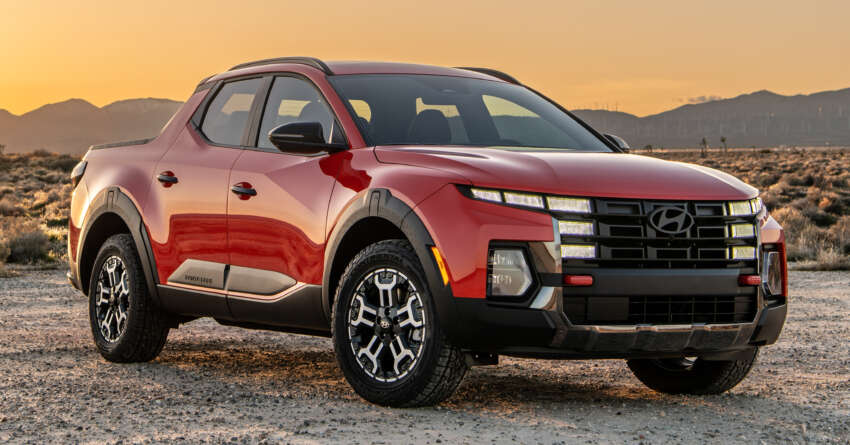Hyundai’s range-extender EVs: a bridge to full electrification with a 900 km range

In the rapidly evolving world of electric vehicles (EVs), Hyundai is making a strategic move to address the shifting market dynamics. As demand for fully electric vehicles (BEVs) begins to slow, Hyundai has announced plans to introduce range-extender electric vehicles (EVs) that promise a remarkable 900 km range. This move is seen as a pragmatic response to current market conditions and a significant step toward full electrification.
The shift in EV demand
The global push towards electrification has seen a surge in BEV development and adoption. However, recent trends indicate a deceleration in demand, particularly in markets where infrastructure and consumer confidence in full BEVs have yet to mature fully. Concerns about range anxiety, charging infrastructure, and the higher upfront costs of BEVs are some of the factors contributing to this slowdown.
Hyundai’s decision to develop range-extender EVs aims to address these concerns while keeping the momentum toward a fully electrified future.
What are range-extender EVs?
Range-extender EVs, also known as plug-in hybrid electric vehicles (PHEVs) with a range-extending generator, combine an electric motor with a small internal combustion engine (ICE). Unlike traditional hybrids, where the ICE drives the wheels directly, in a range-extender EV, the engine’s sole purpose is to generate electricity to recharge the battery. This design significantly extends the vehicle’s range, reducing the frequency of charging stops.
Hyundai’s 900 km solution
Hyundai’s upcoming range-extender EVs are designed to offer a solution for drivers who are hesitant to switch to a fully electric vehicle due to range concerns. With an impressive range of 900 km, these vehicles will allow drivers to travel long distances without worrying about finding a charging station. This feature makes them particularly appealing to consumers in regions where charging infrastructure is sparse or still under development.
A stopgap to full electrification
Hyundai’s strategy reflects a pragmatic approach to the transition towards full electrification. While the ultimate goal remains the widespread adoption of BEVs, the introduction of range-extender EVs serves as a bridge, helping to ease consumers into the electric future. These vehicles are expected to play a critical role in markets that are not yet fully prepared for the BEV revolution, providing a more comfortable and less disruptive transition.
The future of Hyundai’s electrification
As Hyundai continues to innovate in the EV space, the introduction of range-extender EVs is a clear indication of the company’s commitment to addressing consumer needs while progressing toward a sustainable future. These vehicles are expected to complement Hyundai’s existing and upcoming BEV lineup, offering more options to consumers with varying needs and concerns.
In conclusion, Hyundai’s range-extender EVs represent a forward-thinking solution in a market that is still grappling with the challenges of full electrification. With a 900 km range, these vehicles provide a practical and reliable alternative for drivers who are not yet ready to fully commit to BEVs but are looking to reduce their reliance on traditional internal combustion engines.
Read More: XPeng G6 ROI launches in Malaysia: electric vehicle with 755km range
I want to find the highest selling price for my car within 24 hours!
Download the Motorist App now. Designed by drivers for drivers, this all-in-one app lets you receive the latest traffic updates, gives you access to live traffic cameras, and helps you manage vehicle related matters.
